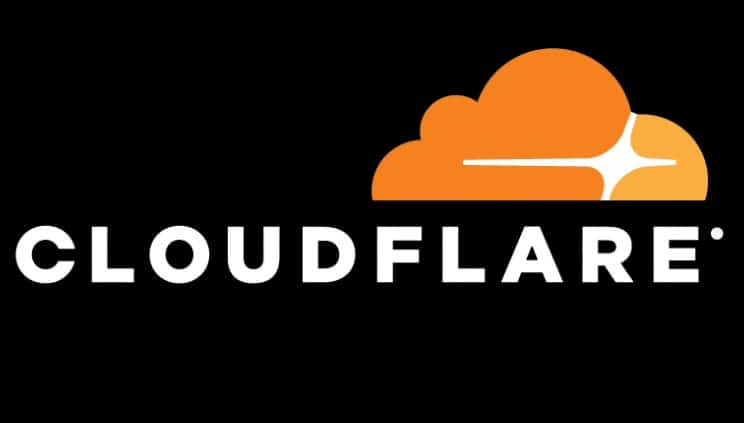 Early this week news broke that major manga publishers Shueisha, Kodansha, Shogakukan and Kadokawa were about to sue Cloudflare in Japan. The basics are relatively straightforward.
Early this week news broke that major manga publishers Shueisha, Kodansha, Shogakukan and Kadokawa were about to sue Cloudflare in Japan. The basics are relatively straightforward.
The publishers believe that since Cloudflare is structurally involved in the presentation and delivery of pirate sites that use its services, the company should do more to help copyright holders when Cloudflare’s services are used to infringe copyright. Up until now, Cloudflare’s responses haven’t been considered sufficient.
The lawsuit filed Tuesday at the Tokyo District Court is yet to be made public but in a joint statement, the publishers now lay out their grievances against the US company.
Publishers Demand an Injunction and Damages
According to the four publishers, their lawsuit represents only a “partial claim” against Cloudflare. In total they are demanding 460 million yen (around US$4 million) in damages for copyright infringement in four copyrighted works, one representing each company, and an injunction to restrain the company moving forward.
The publishers say that Cloudflare has violated their copyrights in “nine cases”, a reference to nine pirate manga sites that use the company’s services. They explain that after identifying the sites to Cloudflare and asking the company “to explain” the infringing content stored on those sites, they demanded action from Cloudflare to bring the infringements to a halt.
Demands Issued to Cloudflare
“With regard to the infringing content illegally stored on the sites, we asked Cloudflare to stop the temporary reproduction (cache) on the company’s servers in Japan [and] terminate their contracts with pirate sites that are clearly illegal,” the companies say.
The publishers’ version of events has Cloudflare responding that they had “taken the necessary measures” against the sites in question but refusing to provide any details on what measures had been taken against which sites. Following a technical analysis, the publishers’ experts concluded that the pirate sites were still using Cloudflare’s services and caches.
“Based on the above background and recognition of the current situation, the four publishing companies have filed a lawsuit against Cloudflare, seeking an injunction against the public transmission and reproduction of pirated content and compensation for damages,” they report.
Publishers: Cloudflare is Strategically Important to Pirates
Shueisha, Kodansha, Shogakukan and Kadokawa acknowledge that CDN providers including Cloudflare are a vital part of today’s internet ecosystem. However, they complain that while other major CDN providers properly identify site operators when they sign a service contract (to ensure the site is not illegal), Cloudflare’s free service can be accessed and used without “sufficient verification of identity”.
This has reportedly led to abuse. The publishers claim that as of December 2021, Cloudflare was supplying services to “9 of the top 10 malicious piracy sites with the highest number of accesses” while keeping pirate site server origins and IP addresses confidential.
“Because of these characteristics, many pirate site operators who do not want their identities to be identified are turning to CloudFlare’s CDN service,” the publishers add.
In addition to some level of anonymity, the publishers claim that Cloudflare enables pirate sites to stay online when their own infrastructures are incapable of handling high levels of traffic. The suggestion is that if it wasn’t for Cloudflare, they might not be financially viable.
“The origin servers and other communication infrastructure used by pirate sites must be able to handle more than 100 million transactions per month [but the] communication infrastructures used by pirate sites do not have the capacity to handle more than 100 million accesses per month from an operational cost perspective,” they note.
“Therefore, if Cloudflare stops providing CDN services, it will be impossible or extremely difficult to operate many malicious pirate sites. In other words, Cloudflare’s CDN service has become indispensable for the operation of many malicious pirate sites.”
Lawsuit Aims to Question What Behavior is “Appropriate”
In closing, Shueisha, Kodansha, Shogakukan and Kadokawa say the overarching purpose of the lawsuit is to determine whether the position taken by Cloudflare over the past few years in response to anti-piracy requests is appropriate for a company in such a powerful position.
“Through this lawsuit, the four companies and their legal advisors would like to question whether the uncooperative stance Cloudflare has shown over the past few years in response to requests for cooperation in the fight against piracy is appropriate for a company that provides a public service such as telecommunications infrastructure,” they conclude.
Statement from Cloudflare:
By making security and performance services readily available to tens of millions of websites around the world, Cloudflare is helping make the Internet more secure, efficient, and reliable. Cloudflare’s CDN and pass-through security services do not contribute to infringement, which a United States federal court recently recognized.
Cloudflare nonetheless takes these issues very seriously and has gone above and beyond its obligations to assist rightsholders in Japan. In addition to adopting an abuse process that connects rightsholders with the hosting providers and website operators actually able to remove infringing content from the Internet, Cloudflare also agreed to a framework with certain publishers that allows them to seek expedited resolution of their complaints in court. We therefore take a number of steps to facilitate actions against the parties that are actually responsible for this issue.
We have not seen the referenced lawsuit, however, Cloudflare is not the solution to this ongoing problem. We will continue to actively engage in discussions with rightsholders and the Japanese government: we have incorporated their input into our processes and have provided support assessing how other governments are managing these issues.





